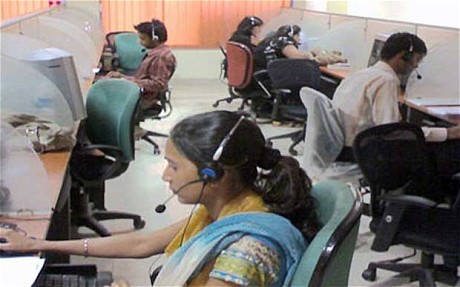 Washington, Sep 12: A US regulatory body has put a stop to fake debt scams by two Florida-based companies who worked with a call centre in India and bilked millions of dollars from consumers.
Washington, Sep 12: A US regulatory body has put a stop to fake debt scams by two Florida-based companies who worked with a call centre in India and bilked millions of dollars from consumers.
The Federal Trade Commission (FTC) said Tuesday the companies, through threatening debt collecting tactics, collected about $5 million from consumers who either did not owe the debt or owed a debt to someone else.
The FTC said it had imposed a judgment of more than $25.3 million against the companies, which also used a phony interest rate reduction scheme between January 2010 and August 2011.
The FTC alleged that the two companies Fisher, Andre Keith Sanders, Pro Credit Group, LLC, and Sanders Legal Group, PA set up US-based financial accounts for a call centre operation based in India.
The operation"s callers used threats, lies, and abusive tactics to collect debts from consumers who had previously applied for or received loans from online payday loan companies and had supplied sensitive personal financial information that later found its way into the hands of those involved with the scam.
Once consumers agreed to pay, Fisher and attorney Sanders used Sanders Legal Group, PA to process at least $5 million from consumers whom the India-based callers had misled, the FTC alleged.
Although numerous consumers complained to the local Better Business Bureau chapter about the abusive tactics of the callers, and many consumers tried unsuccessfully to get refunds, the defendants continued processing consumers" payments, it said.
In the spring of 2012, at the request of the FTC, a court shut down the two operations.
Brett Fisher, a repeat offender who settled charges with the FTC in 2009 in a scam involving both advance-fee credit cards and bogus interest-rate reduction claims, masterminded both schemes, the FTC alleged.






Comments
Add new comment